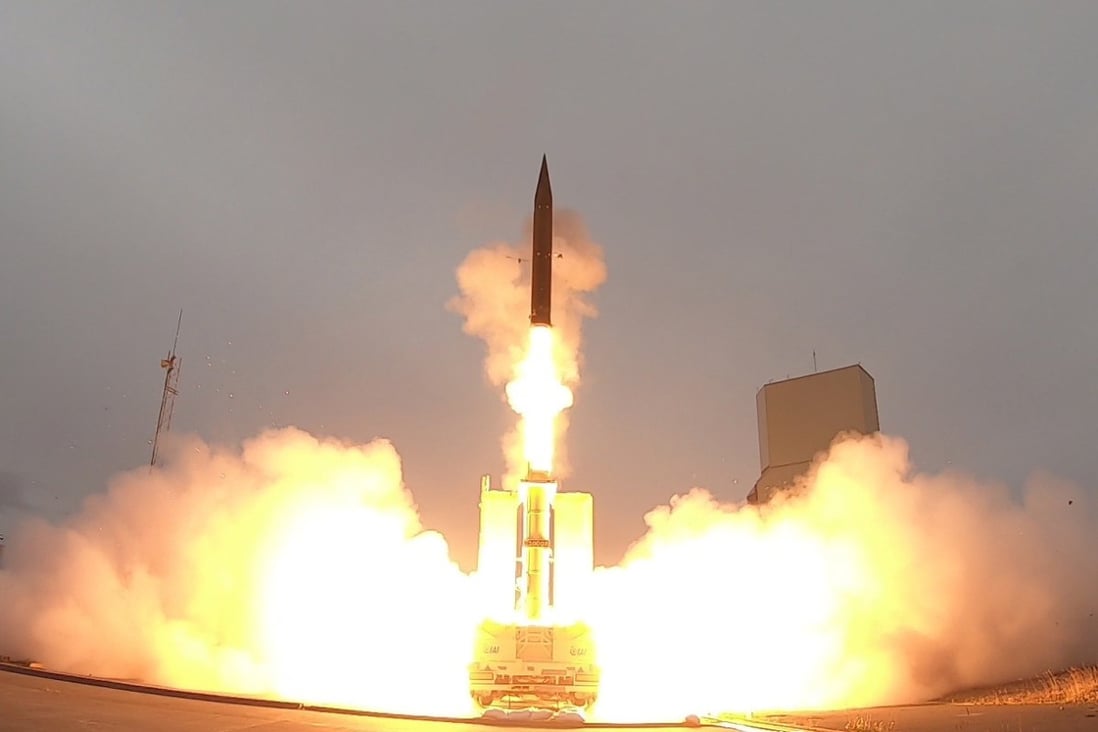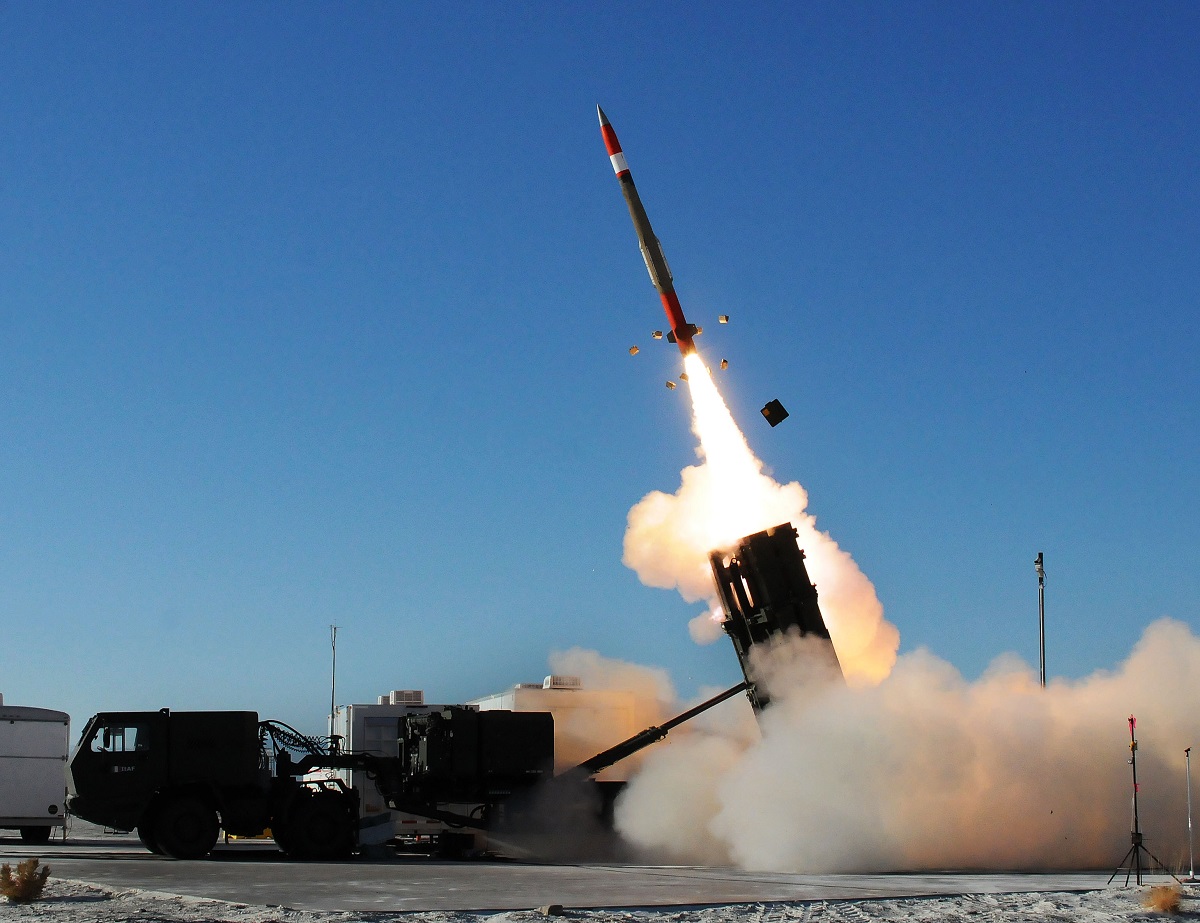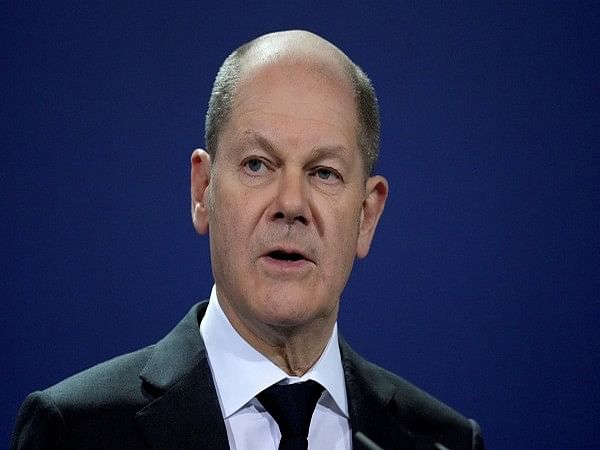Germany is considering purchasing an Israeli anti-missile implant system that might potentially provide defensive protection for other EU members, according to government sources on Sunday, as Russia’s incursion spurs Berlin to strengthen its defenses. Whereas the conclusion has not been made, Chancellor Olaf Scholz’s Social Democrats, who run three-way cooperation, are in support, according to Bild. As per Bild, the technology, which is expected to cost two billion euros ($2.2 billion), might be operational as early as 2025. The equivalent missile defense system would be put in three locations around Germany, and surveillance data would be relayed to a central location where troops would be on the lookout for threats 24 hours a day, seven days a week. If a missile strike is discovered, an Arrow 3 will be launched into orbit to capture the missile and demolish it.

The parliament’s defense committee chair, Marie-Agnes Strack-Zimmermann, also discussed the prospect of purchasing the Israeli system. “Israel manufactures such a system, and it makes logical sense not just to investigate alternative situations, but also to probably purchase it as soon as feasible,” she told Welt television. Germany now has Patriot air-defense missile systems. However, they do not provide a nationwide defense. Berlin’s thoughts on how to best safeguard itself came after the German chancellor proposed a 100 billion euro (£83.6 billion) increase in military spending in response to Mr. Putin’s incursion into Ukraine. According to predictions, nations such as the United Kingdom would compete “vigorously” for agreements from the German government after its increase in government spending. Scholz stated last month that his administration would establish a special €100 billion fund to increase Germany’s defense expenditure.

Russia has deployed Iskander missiles in its autonomous region of Kaliningrad, which can reach several European cities like Berlin in minutes and fly too high to be detonated by traditional air defense systems. Hebestreit stated that no real purchase conversations had yet taken place, but that when it comes to potential attacks from Moscow, “we have to re-examine a few of the concerns that we have been examining separately over the past couple of years.”



